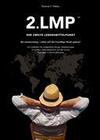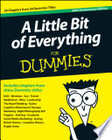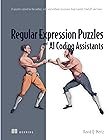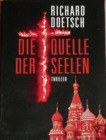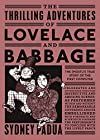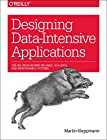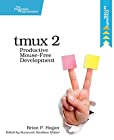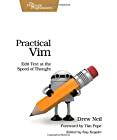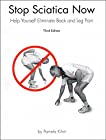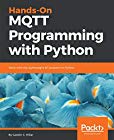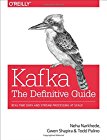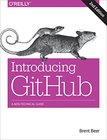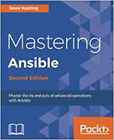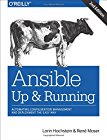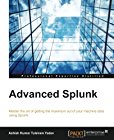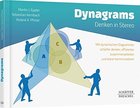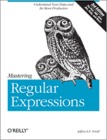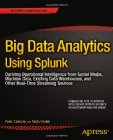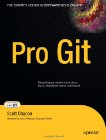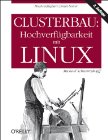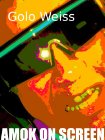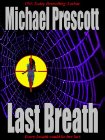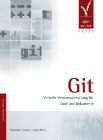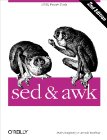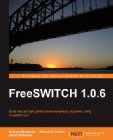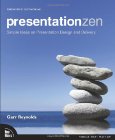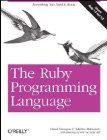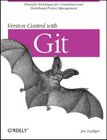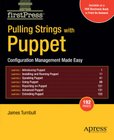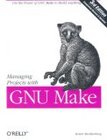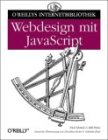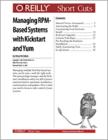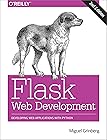
Once, when I picked up a book from the local library, the librarian asked to tell her what I thought about the book when I would bring it back. Well, why not write a few lines about all the books I read so everybody could see what I thought about it? I'm often also happy to have friends recommend a certain book or tell me this and that is not really worth reading. I won't comment about the tons of books I have read so far, but about books I read from now on.
| highly recommended | sehr empfohlen | |
| good reading | gutes lesematerial | |
| average | durchschnittlich | |
| not too interesting | nicht allzu interessant | |
| recommended not to read it | empfehlung das buch nicht zu lesen |



 |
|
|---|---|
| title | Flask Web Development |
| author | Miguel Grinberg |
| ISBN-10 | 1-4919-9173-9 |
| ISBN-13 | 978-1-4919-9173-2 |
| ASIN | |
| rating | |
| date | 2025-Apr-27 |
This is an outstanding book to learn Flask, a widely used and very powerful python web application framework. The book takes a very thoughtful approach to teach the reader about the topic: it goes step by step from installing the requirements and building a simple application, all the way to making it a fully functional, production-ready application (a multi-user blogging engine complete with comments, followers, administrators, etc.) Each chapter adds new functionality, introduces and explains new concepts and builds upon what has been built so far. The reader can follow along by copying the code from the book. But there is also a git repository available with all the steps as separate commits. It is not only the functionality of Flask Miguel Grinberg talks about, he also explains what needs to be done what to take care of in the real world and why.
So what is it, you learn in this book besides the core concepts of Flask? How to structure your application code, using templates, integrating Bootstrap, web forms, databases and SQLAlchemy, interacting with email, building user authentication into your web application complete with roles, and profiles, designing database tables for various scenarios, building API's. But that's not all. The book goes beyond that and also teaches how to write automated tests for your code, including testing with Selenium, performance optimisation and deployment to various platforms. This book teaches way more than just Flask.
There is, however, one point to keep in mind. This 2nd edition of this book was published in 2018, and quite a few things have changed since then. Sometimes, the code in the book needs to be adapted slightly to work with changed interfaces in newer versions of the used libraries.



